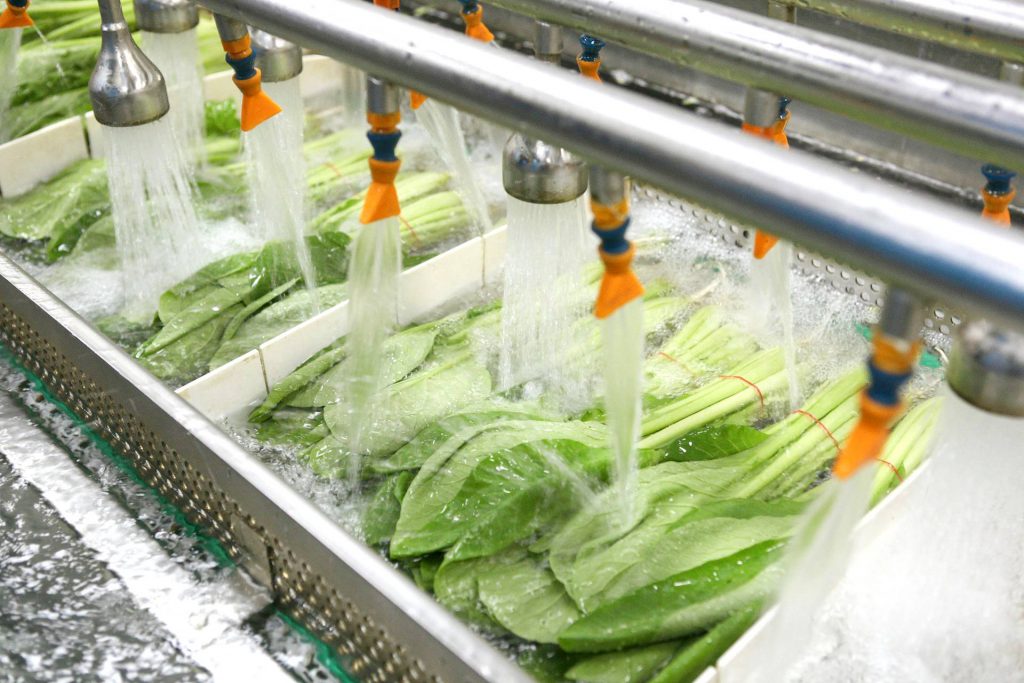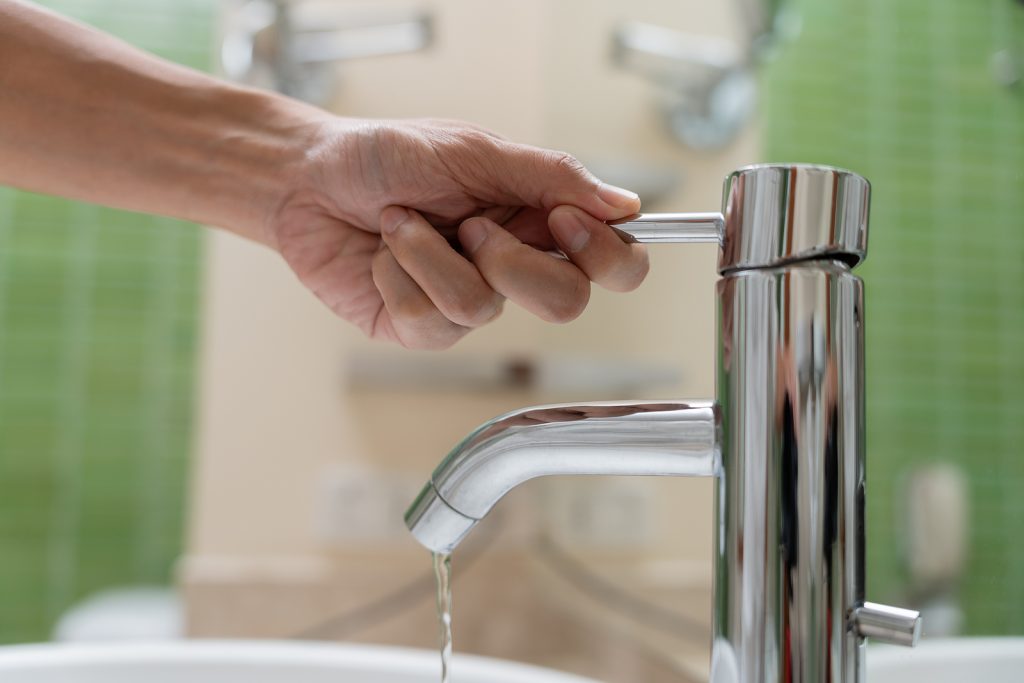Ever heard of a water aquifer? While some of you may have, others no doubt won’t.
In developed countries such as the UK, we’ve become so accustomed to simply turning on the tap and watching water come out that we rarely give a second thought to the processes and infrastructure working behind the scenes to make it all possible.
An integral cog in that machine is water aquifers, but what are they, how do they work and what role do they play in bringing water to our homes and businesses? Let’s find out…
What Are Water Aquifers?
A water aquifer is a natural underground reservoir or layer of permeable rock, sediment or soil that contains water and allows it to flow freely.
They act as natural, underground storage tanks where groundwater can be kept. This is then used as freshwater – the same water that comes through our taps.
So how does water get into the aquifers?
It enters through precipitation (rain) or surface water sources and is stored in the porous spaces or fractures of the rock or sediment.
These underground storage tanks may differ from one aquifer to the next. They vary in size, depth and composition, with some being confined between impermeable layers of rock, while others may have an open surface.
Many communities rely heavily on aquifers, with extraction from springs or wells a necessity. Having said that, overreliance can cause contamination or depletion, so it’s imperative that sustainable practices are maintained to prevent these issues from occurring.
Aquifer Depletion
So now we know what aquifers are and the crucial role they play, let’s turn our attention to the dwindling volumes of water in these subterranean reservoirs due to that familiar foe, climate change.
Changes in precipitation patterns, rising temperatures (especially in summer) and altered hydrological cycles are all contributing to the increasing stress being placed on aquifers, which is leading to increased extraction and decreased replenishment – a recipe for disaster.
Additionally, prolonged droughts and more frequent extreme weather events are contributing to increased water demand for irrigation as households water their gardens, which further deplete aquifer reserves and make hosepipe bans more likely.
The depletion of our aquifers puts water used for drinking, agriculture and industry at threat, so these are worrying times and urgent action is needed to mitigate the impacts of climate change.
Steps Being Taken
Thankfully, there are some much-needed initiatives undertaken which should help protect our freshwater supply.
One such initiative was launched by the government last month, which aims to protect farmers from the threat of water shortages and drought.
In recent years, temperatures have risen sharply, particularly in summer, putting additional strain on the country’s reservoirs.
This has sparked the government into action, with £1.6m allocated for farmers to investigate different ways they can manage water.
The different strategies may include multi-farm reservoirs, treated wastewater recycling systems, water trading and sharing schemes, all of which could help ease the burden in areas of need and safeguard the agricultural sector.
In addition, the fund will support around 20 studies, some of which will look to investigate water demand and availability in the most water-stressed agricultural areas. These studies will take place over the next 25 years, signalling a long-term strategy.
Other steps being taken include the following:
Water Resource Management Plans
Water companies in the UK are required to develop Water Resource Management Plans to assess current and future water supply and demand, as well as identify risks and vulnerabilities.
These help suppliers create strategies for sustainable water management, with the aim of optimising water use and minimising water wastage.
Water Efficiency Programmes
Various water efficiency schemes and programs are being implemented to encourage households, businesses, and industries to reduce water consumption and improve water efficiency.
These initiatives may include the promotion of water-saving technologies, the provision of water-saving devices (such as water-efficient appliances and fixtures), and educational campaigns to raise awareness about the importance of water conservation.
Sustainable Extraction
Efforts are ongoing to promote sustainable practices to prevent over-extraction of water from aquifers and ensure the long-term future of groundwater reserves.
Moving forward, this is likely to involve the implementation of abstraction licensing schemes and the monitoring of groundwater levels and quality.
Suppliers can also expect the strict enforcement of regulations to prevent unauthorised extraction, and hefty fines for those found to be flouting the rules and minimise environmental impacts.
Natural Flood Management
You may think that floods are a good way to replenish aquifers, but this water is unclean and therefore unsuitable for freshwater reserves.
Luckily, there are ways to mitigate the damage flooding does, such as the restoration of wetlands, the creation of floodplains and the implementation of green infrastructure projects.
Each of these measures will help to increase water retention, improve soil infiltration and make our water system more capable of dealing with the increasing number of flooding events.
Comparing Water Suppliers
Rules set out by the water regulator Ofwat mean that suppliers must prioritise efforts to reduce leakage and drive improvements in their service.
Having said that, the truth is some water companies are taking these regulations more seriously than others, so if you’re keen to ensure your business is partnered with a supplier that aligns with your environmental ethos, it might be time for a switch.
But with so many companies on the market, if you’re comparing water suppliers, how exactly do you go about finding the right one? That’s where we come in!
As a broker, we work closely with many of the UK’s suppliers, so we have a firm understanding of these companies, what they’re offering and what you can expect from them.
We offer detailed information on many different suppliers including how they’re performing, so you’ll have all the info you should require to make an informed choice.
So if you want to partner with the cleanest, greenest supplier around, speak to us and we’ll try and find the perfect match.


